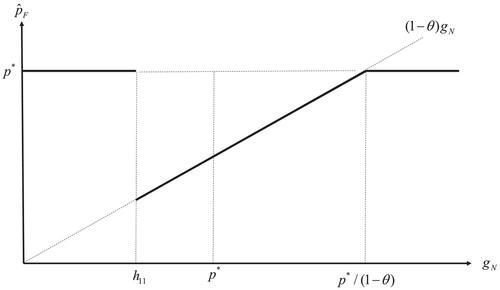当个人是道德或规范追随者时的最佳执法方式
IF 0.9
4区 经济学
Q3 ECONOMICS
引用次数: 0
摘要
道德规则和社会规范会影响个人是否违法。我们描述了当一些人遵守内化的道德规则并为其他倾向于遵守道德规则的人实施社会规范时的最佳执法情况。道德个体和规范遵守者通过内生的社会规范联系在一起,这促使社会规划者为规范制定者制定比没有联系时更高的预期制裁。如果道德规则较弱,道德个体的最优预期制裁高于规范遵守者,但如果道德规则较强,则相反。本文章由计算机程序翻译,如有差异,请以英文原文为准。

Optimal law enforcement when individuals are either moral or norm followers
Moral rules and social norms influence whether individuals break the law. We characterize optimal law enforcement when some individuals obey internalized moral rules and implement social norms for other individuals who prefer to comply with them. Moral individuals and norm followers are linked via the endogenous social norm and this induces the social planner to create an expected sanction for norm setters that is higher than without the link. The optimal expected sanction for moral individuals is higher than the one for norm followers if the moral rule is weak but the reverse ranking is true when it is strong.
求助全文
通过发布文献求助,成功后即可免费获取论文全文。
去求助
来源期刊

Journal of Public Economic Theory
ECONOMICS-
自引率
36.40%
发文量
68
期刊介绍:
As the official journal of the Association of Public Economic Theory, Journal of Public Economic Theory (JPET) is dedicated to stimulating research in the rapidly growing field of public economics. Submissions are judged on the basis of their creativity and rigor, and the Journal imposes neither upper nor lower boundary on the complexity of the techniques employed. This journal focuses on such topics as public goods, local public goods, club economies, externalities, taxation, growth, public choice, social and public decision making, voting, market failure, regulation, project evaluation, equity, and political systems.
 求助内容:
求助内容: 应助结果提醒方式:
应助结果提醒方式:


